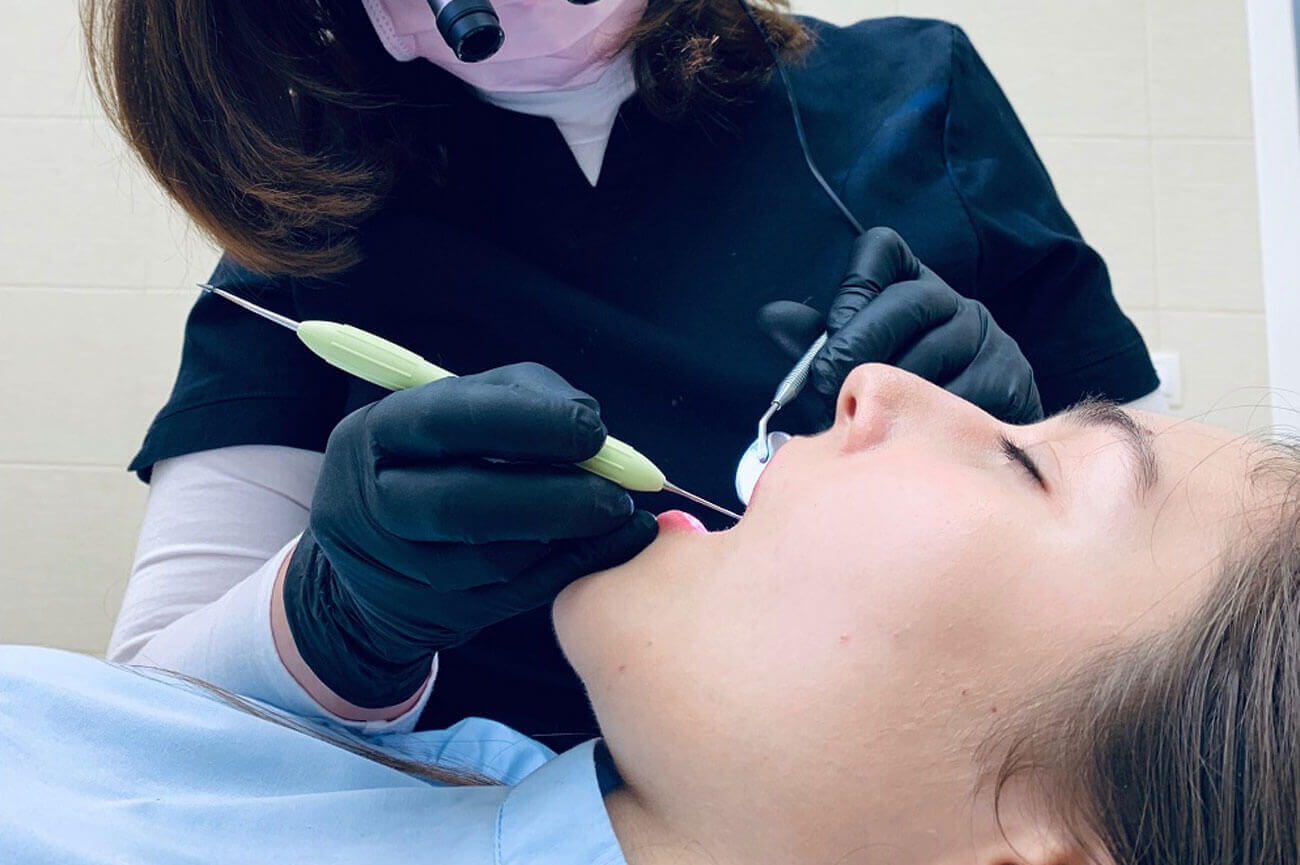How IV Sedation Can Help Ease Dental Anxiety and Fear
Don’t put off necessary dental work because of your fear of the dentist. Whether it’s pain or the environment you are afraid of, or if you have anxiety about the state of your teeth, intravenous sedation dentistry can help get you through important dental procedures comfortably.
Read More: Dealing With Dental Anxiety
What Is Intravenous Sedation?
Intravenous sedation, also commonly known as monitored anesthesia care or “twilight sleep,” is a type of anesthesia that helps to relax a patient through an intravenous (IV) placed in a vein.
Typically, patients are still awake during the procedure, with the exception of those who are under general anesthesia.
An IV sedation is often used with regional or local anesthesia.
How Does It Work?
IV sedation puts you in a state of deep relaxation that is much stronger than laughing gas or an oral sedative. It will feel like time is passing very fast, and it is common to not remember anything from the procedure when it is over.
How it works is a needle is used to insert a tube into your vein, usually on the top of your hand. The tube then administers the sedative drug directly into your bloodstream, and the IV remains in your vein throughout the entire procedure.
While you are sedated, your pulse and oxygen levels are monitored. Your blood pressure will also be checked before and after sedation.
There are two sedative states at which your dentist can administer through an IV to help you during your treatment:
Moderate Sedation
Often referred to as conscious sedation, this level of sedative is used for patients who have mild dental anxiety and for those who are undergoing longer or more complicated procedures.
With conscious sedation, you will be able to stay awake during the procedure and respond to verbal commands but will be in a deep state of relaxation. For patients who receive conscious sedation, it is recommended that they have a family member, spouse, or friend accompany them to their appointment. The reason for this is that it can often take many hours for the sedative to fully wear off, making it unsafe for you to drive yourself home.
Deep Sedation
Deep sedation will make you either almost unconscious or completely unconscious during a dental procedure. It is often used for patients with severe dental anxiety and people who are undergoing long or complex procedures such as oral surgery.
You will not experience pain or be able to respond to commands without repeated stimulation.
Quite often, patients do not have any recollection of the procedure.
With this level of sedation, it is also recommended that you have someone to pick you up and drive you home after the procedure.
Risks and Side-Effects
For most patients, IV dental sedation is safe and has very little if no, risk. However, no drug or medication is perfect. Here are a few of the minor side effects:
- Minor bruising, swelling, or bleeding at the site of the IV injection
- Drowsiness after the procedure
- Dry mouth
- Feeling dizzy or lightheaded
- Nausea and/or vomiting
- Headaches
What Are the Benefits?
For patients with dental anxiety or fear of the dentist and needles and other sharp dental equipment, IV sedation will help relax you during a procedure so that you feel no pain or fear.
As a result, the dentist can better perform, knowing that the patient is calm and relaxed.
IV sedation is also more effective and reliable than oral sedation due to the fact that the drug is administered directly into the bloodstream.
Compared to oral sedation, IV sedation is also better for patients who have trouble with gagging. Since your body’s immediate response to pain or discomfort is to gag, IV sedation can make patients with gagging reflex problems more comfortable.
Who Can Best Benefit from IV Sedation?
While it is up to your dentist to decide whether or not an IV sedative is best for you, this type of sedation can best benefit people with moderate to severe dental anxiety or fear, people with a strong gag reflex, difficulty getting numb or comfortable, sensitive teeth, or severe dental problems.
How to Prepare
When it comes to preparing for a dental procedure involving IV sedation, it’s important to follow your dentist or oral surgeon’s instructions.
However, usually, it’s recommended that you:
- Not have anything to eat or drink (including water) for six hours before the procedure
- Arrange for someone to accompany you to your appointment that can drive you home
- Wear comfortable, loose clothing with shorter sleeves which can be rolled up.
- Remove contact lenses, jewelry, and dentures prior to surgery.
- Remove any lipstick or excess makeup prior to the procedure
- If you take any oral medications, check with your dental office and doctor before your appointment for instructions.
Aftercare Tips
Activity
Immediately following your appointment, avoid driving and operating mechanical or electrical machinery and devices for at least 12 hours. Also avoid making important decisions or signing important documents, consuming alcohol, and smoking for 24 hours.
Be cautious when it comes to physical activity along with sitting up and standing up. Lie or sit down and rest if you experience any dizziness.
Medications
Take any medication prescribed for the procedure as directed. If you weren’t prescribed any type of pain reliever, take an over the counter medication such as Tylenol to help with any pain.
Eating and Drinking
Liquids may be consumed right away after the procedure. Start off with small amounts of clear fluids (water, juice, soda), and avoid dairy products at first. Slowly progress to eating soups and soft foods to solid foods. This will help to prevent any nausea and vomiting.
If you have severe dental anxiety and think you may need IV sedation for your next dental procedure, talk to your dentist about what options are available.

